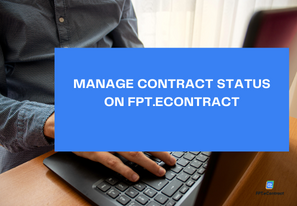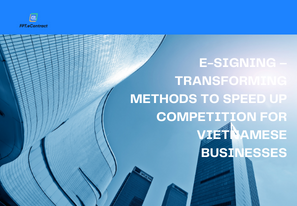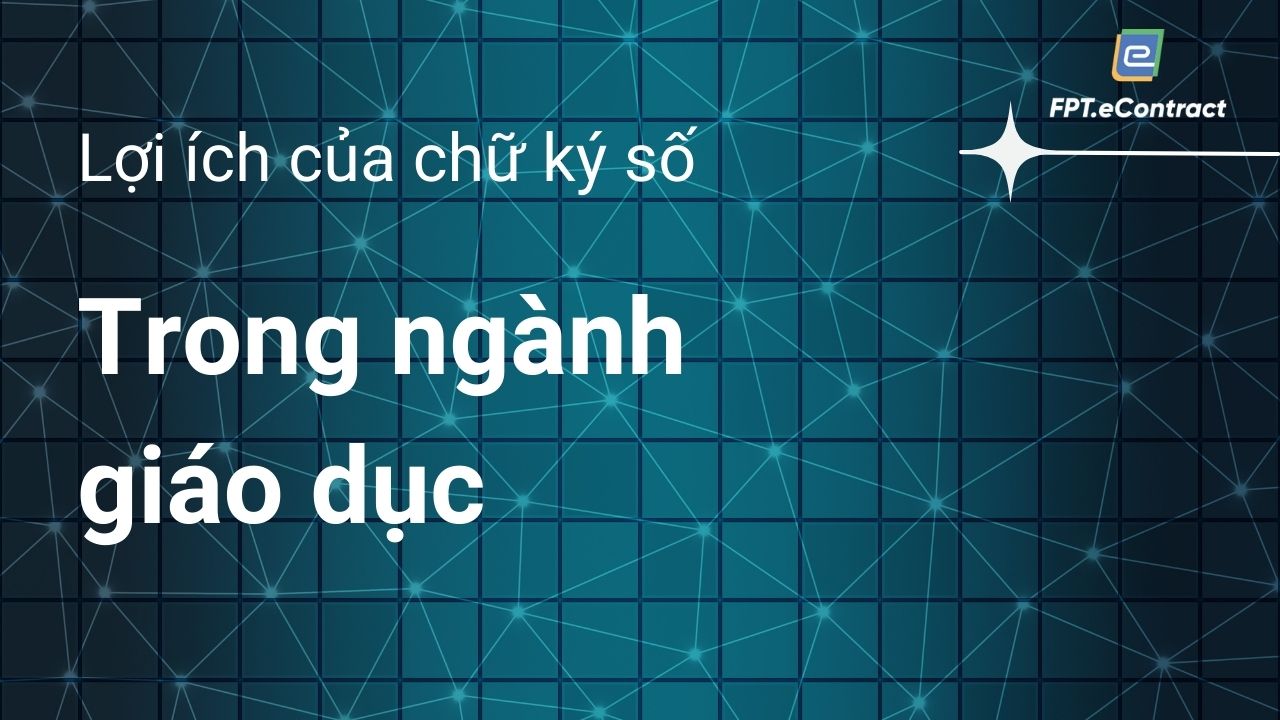What is an insurance contract and what is its nature?
- 04/01/2023
- [post-views]
What is an insurance contract?
A life insurance contract, basically, is an agreement between the policyholder (the customer) and the insurer, whereby the policyholder must pay the premium and the insurer must pay the insurance premium. to the beneficiary upon occurrence of the insured event – the event that the insured lives or dies during or at a specified period of time.
Therefore, a life insurance contract will be closely related to the issue of risk and risk calculation on the basis of the law of large numbers, containing many model terms with relatively complex content, must be made documents and apply to many customers. The signing of a life insurance contract is, in principle, only done after having exchanged, provided and clarified important information about the insured, insured risks and insurance products.
In order to achieve the highest business efficiency and best ensure the provision of information between the insurer and the customer, the insurer will not directly implement it, but mainly authorize the network of insurance agents who are specialized to carry out the work of introducing, offering insurance, consulting, and arranging the signing of insurance contracts.
In addition, insurance agents also act on behalf of insurance enterprises to collect insurance premiums, arrange for settlement of insurance claims and other related works. From the customer’s perspective, the insurance agent is the “bridge” that helps to convey the information and will of the customer to the insurance company (payment of fees, request for contract modification, etc.).
The nature of the insurance contract
An insurance contract has a number of common properties within the framework of the provisions of the law on civil contracts, in addition, it also has a number of specific properties associated with the economic – technical characteristics of the insurance industry. Specifically:
– Reciprocity: An insurance contract is established based on the consent of both parties on the principle of voluntariness, equality and freedom to enter into contracts within the framework of law and social ethics.
– Bilateral contract: The contracting parties have rights and obligations, the rights of one party are the obligations of the other party and vice versa. The insurer must cover the risks and the insured must pay the premium.
– Nature of chance: If there is no risk (insured event), there is no conclusion and validity of the Insurance Contract.
– The nature of absolute trust: The relationship between the policyholder and the insurer is established in a situation that creates risks for each other. Therefore, in order to exist and be able to perform, the two parties must have mutual trust. Absolute trust and the principle of maximum honesty are only two sides of the same coin.
– Nature of payable: The relationship of rights and obligations between the two parties is expressed in the monetary relationship. The policyholder is obliged to pay the premium, the insurer is obliged to pay the insurance/indemnity when the insured event occurs.
– Nature of accession: An insurance contract is a model contract. Insurance rules (the main content of the Contract) are first drafted by the insurer, then the insurance buyer reads it and joins it when it is suitable for his/her needs.
– Mixed civil – commercial: The insurance buyer can be a civil or commercial natural or legal person, the insurer can also be a civil (mutual association) or commercial legal entity ( insurance company). Therefore, the relationship between them, in particular the insurance contract, can be of a purely civil or commercial character or a mixed civil-commercial.
The life insurance signature process must be tightly controlled and more and more companies are opting for eSignature, a modern and secure process governed by statutory regulation. Electronic signatures eliminate the need to mail contracts to be signed by your customers.
Supervised by trusted third parties, digital signatures provide an appropriate level of security, through a rigorous protocol in which the identity of the signer is checked. The digital certificate is issued, the signed document is sealed. Strong authentication guarantees by each signer, time-stamped proof files for each signature, and secure document storage make digital signatures your best ally for multi-signatures. New life insurance policy!
We recommend using advanced digital signatures for life insurance policies. However, your country’s laws may require a different level of signature. The FPT.eContract team will guide you when choosing the most suitable solution for your company.
Electronic signature for life insurance contracts via FPT.eContract.
Strong authentication of signatories
Benefit from multiple secure authentication systems that guarantee the identities of your signatories
Confidentiality and confidentiality
Protect your deals through encrypted exchanges and secure servers
Integrated in your tools
Easily integrate signature solutions into your internal tools and automate your processes
Consent protocol
Reinforce evidence of agreement by adding checked boxes and documents to be copied by signatories
For more information, please contact FPT Electronic Contract:
Phone: 1900.636.191
Email: fpt.econtract@fpt.com.vn
Website: econtract.fpt.com.vn/










